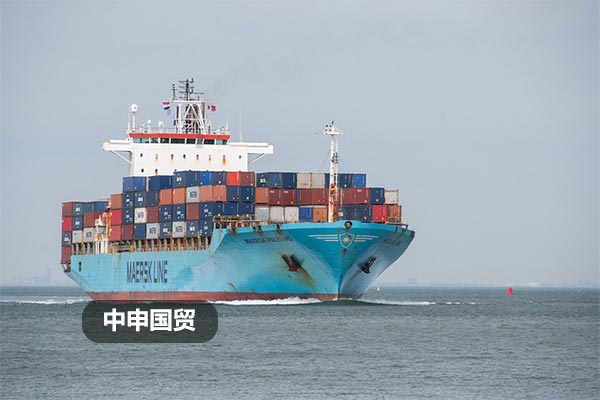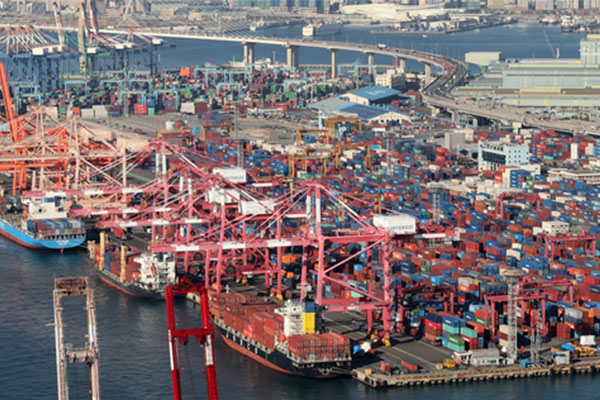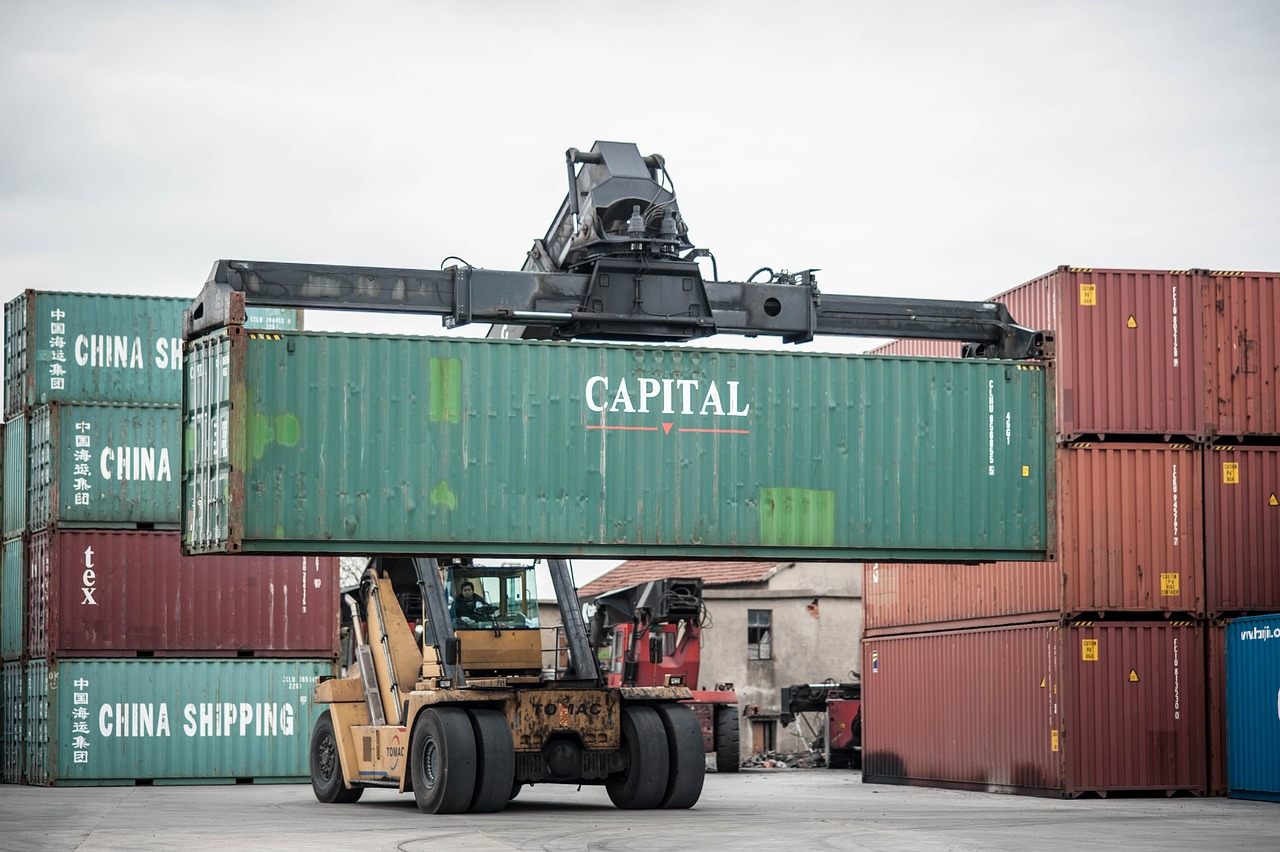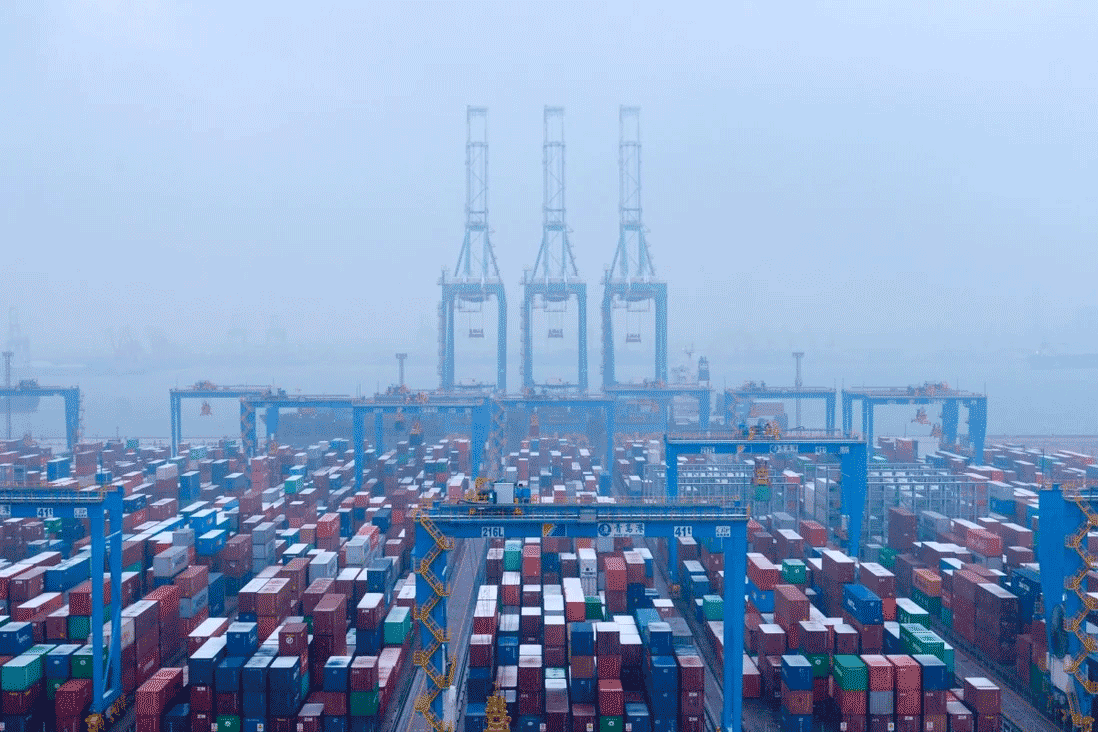- Shanghai Zhongshen International Trade Co., Ltd. - Two decades of trade agency expertise.
- Service Hotline: 139 1787 2118
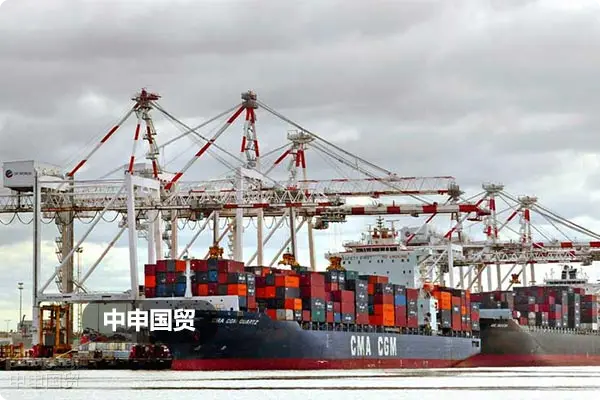
In international trade,Export Drawbackis an important policy benefit, playing a key role in reducing costs and enhancing competitiveness for enterprises. However, the export tax rebate process is complex and strictly regulated, involving multiple steps and numerous considerations. This article will provide a detailed introduction on how to properly conduct the export tax rebate process, helping enterprises and relevant practitioners gain a deeper understanding of this important business.
I. Preliminary Preparation for Export Tax Rebate
Qualification Review
For enterprises seeking agency export tax rebates, the agency must first review the company's basic qualifications. The enterprise should possess legitimate business credentials, including a valid business license, tax registration certificate, etc. For example, the business scope listed in the business license should include relevant export operations.
– The agency itself must also possess legitimate qualifications to act as an agent. This requires meeting the conditions stipulated by local relevant authorities, such as being registered with the industrial and commercial administration and having a certain number of professional practitioners.
Data Collection and Organization
– Enterprises must provide comprehensive documentation to the agency. Among these, the customs declaration form for exported goods is one of the key documents. The customs declaration form records detailed export information of the goods, such as the name, quantity, value, and export date of the goods.
- Special VAT invoices are also indispensable. The invoices should truthfully reflect information such as the procurement cost of the goods and the tax rate, and must comply with relevant regulations from the tax authorities, including the issuance date of the invoice and the accuracy of buyer and seller details.
- In addition, it also includes export sales invoices and exportA complete export agency agreement should be attached with:verification forms (if required), and bills of lading. The agency must carefully verify these documents to ensure their completeness and accuracy.
II. Formal Agency Export Tax Refund Process Steps
Sign an agency agreement
– A detailed agency export tax refund agreement must be signed between the agency and the enterprise. The agreement should clearly define the rights and obligations of both parties, including the scope of agency services, such as whether it only covers tax refund declarations or extends to other services throughout the entire export process.
– Clearly define the calculation method and payment terms for service fees. Service fees may be calculated based on the value of exported goods, the tax refund amount, or a fixed fee standard. Payment methods can include one-time payment or installment payments, among others.
- At the same time, confidentiality clauses should be stipulated to ensure that the company's commercial and financial information is not disclosed.
2. Export Clearanceand Document Management
- If the enterprise does not haveimport and exportauthorization, the agency will handle export customs clearance procedures in its own name. During customs declaration, the agency must accurately complete the customs declaration form, ensuring that product details, price terms, and trade methods align with actual conditions.
- For document management, agencies must establish a comprehensive document management system. All documents related to export tax rebates, such as customs declarations, invoices, bills of lading, etc., should be properly archived and preserved to facilitate inspections by tax authorities and customs at any time.
Tax Rebate Declaration Process
– The agency must first conduct a thorough review of the collected tax refund documents. They need to verify whether the data on the customs declaration form, special VAT invoice, and export sales invoice are consistent, such as the quantity and amount of goods.
- Then, use professional tax refund declaration software to file the claim. During the declaration process, accurately fill in all the required information in the declaration forms, such as the company's basic details, detailed information about the exported goods, and the calculation of the refund amount.
- After the declaration is completed, it is important to promptly monitor the review progress of the tax authorities. If the tax authorities raise questions or request additional materials, the agency should actively cooperate and provide accurate responses and supplementary materials within the stipulated time.
III. Compliance Checks and Risk Prevention
Compliance Checks
– Agencies must conduct regular compliance checks on their export tax rebate agency services. The checks should include verifying whether the tax rebate documentation complies with tax and customs regulations, and whether there are any irregularities in the declaration process.
– Agencies must promptly study and apply new tax policies and customs regulations to their operations to ensure ongoing compliance.
Risk Prevention
One of the major risks faced is documentation risk. If documents are found to be forged, altered, or missing, it may result in failure to obtain tax refunds and even lead to legal liabilities. Agencies must strengthen the review and management of documents to prevent such risks.
– Tax risks also require key prevention. For instance, inaccurate understanding of tax policies may lead to errors in tax refund calculations or non-compliant filings. Agencies should employ professional tax personnel and continuously enhance their business capabilities to mitigate tax risks.
Conclusion
The formal agency export tax refund process is complex and rigorous, requiring joint efforts from both the agency and the enterprise. The agency must strictly adhere to relevant laws, regulations, and operational procedures, paying attention to detail and risk prevention at every stage. The enterprise must also actively cooperate by providing truthful and accurate documentation. Only then can the export tax refund process be completed successfully, allowing enterprises to fully benefit from policy incentives and achieve greater growth in international trade.
Related Recommendations
? 2025. All Rights Reserved. Shanghai ICP No. 2023007705-2  PSB Record: Shanghai No.31011502009912
PSB Record: Shanghai No.31011502009912
